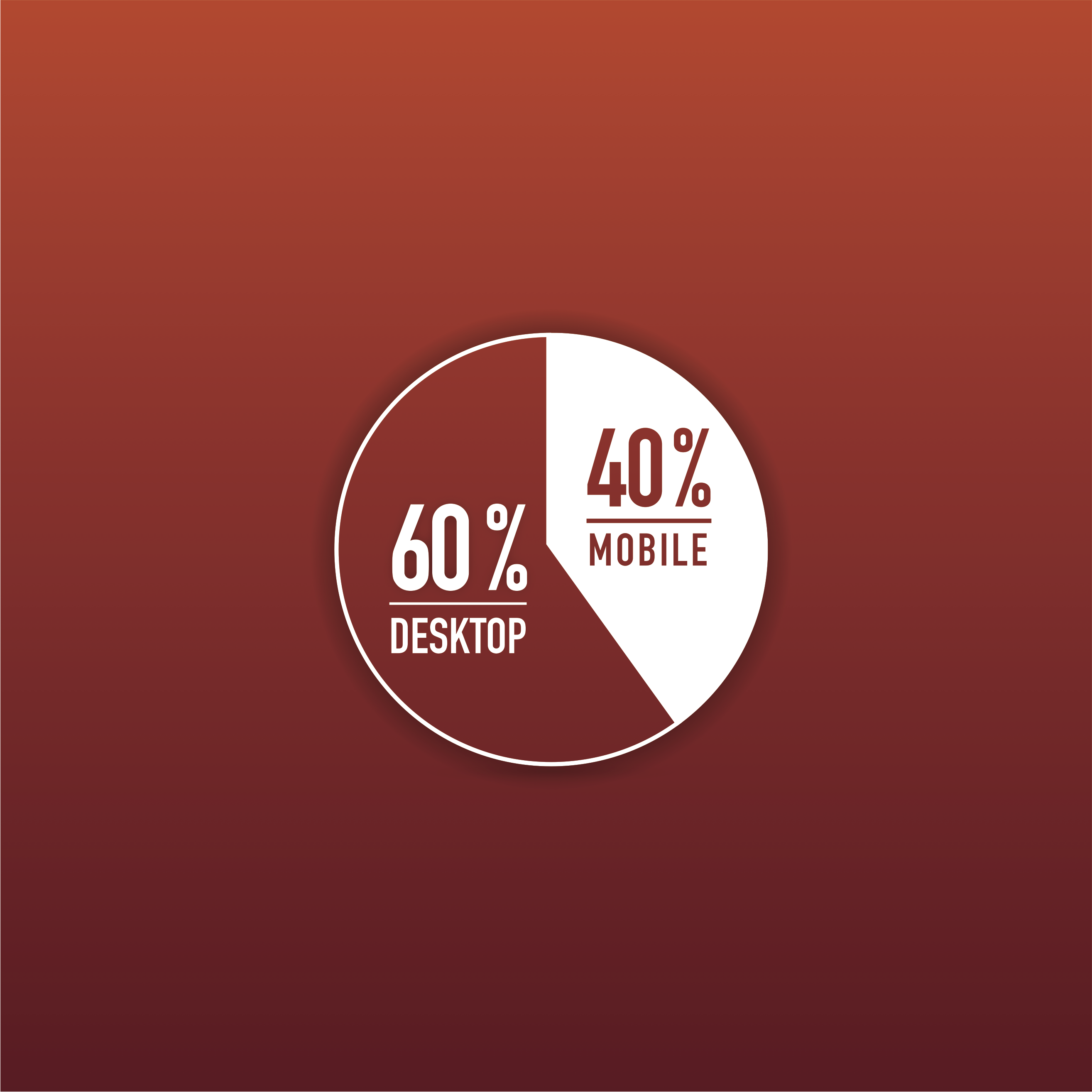The “Our Mobile Planet“ study by Google and Ipsos MediaCT shows that, no matter what country you are in: The search for location-based information plays an important role for smartphone users. In addition, they are often actively communicating with the company.
The mobile car service Uber has shown how surprisingly successful these types of business models can be: It rapidly turned the established taxi concept on its head all across Europe. Young Internet users under 25 years old are particularly open to such services. According to TNS Infratest, digital use on smartphones accounts for about 40% of their time, and this age group is generally more focused on mobile devices. The latest Digital Living survey by Deutsche Telekom accordingly predicts that all relevant services and media content will also be available for mobile devices in the future.
But the Uber example also shows that the transition is not always smooth. It has led to major taxi demonstrations in London and Paris, for example, and bans were issued in Germany. In Spain, taxi drivers are rumoured to have actually approached and physically threatened an Uber driver. (Resource: Google/TNS Infratest/Telekom/sp)
